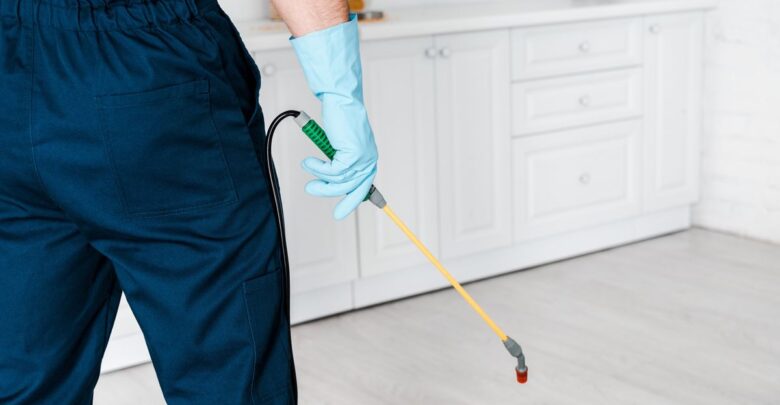The Importance of Disinfection and the Perfect Services for That

Several countries have instituted a lockdown to stop the spread of the coronavirus outbreak and relieve the strain on health care systems as a result. It is crucial that the individuals who use these facilities, including their own employees, visitors and members of the general public, be protected from damage, since these services and businesses must continue to function. Choosing the right disinfection services is essential here.
People who are ill but don’t exhibit any symptoms (asymptomatic) may carry the virus in their upper respiratory tract and spread it to others who are sick. This has been demonstrated in several investigations. Even though people seem to be in excellent health, they may still need to be disinfected if they develop symptoms a day or two after having been in the premises.
Protecting vital places from the transmission of coronavirus
Because people often cough and sneeze into their hands or touch their lips or noses when they are sick, poor hand hygiene is a major source of viral transmission. The virus may be spread to the mouth, nose, and eyes of anyone who come into contact with a contaminated surface.
A sneeze in the bathroom is a health hazard.
The toilet “sneeze,” or the plume of droplets created by flushing the toilet bowl, is an acknowledged source of microbial spread in public toilets. The toilet seat, floor, walls, exposed tissue, cubicle and bathroom door knobs, wash basins, faucets, and soap dispensers may all collect bacteria from the toilet bowl. The nea disinfection company is apt in these works.
How to safely disinfect coronavirus
During this pandemic, coronavirus outbreaks may occur in hospitals, primary care facilities, schools, nursing homes, workplaces, cruise ships, hotels, prisons, and housing complexes. There is a possibility that the virus might spread to large groups of people in places like sports arenas, theatres, cinemas, and shopping malls, all of which are frequented by large numbers of people and where large numbers of people gather.
Disinfecting a site after it has been contaminated by an infected person, biohazardous items, or garbage is an absolute need. In order to minimize the number of cases that overwhelm healthcare systems and lower the risk of infection, it is vital that facility administrators take early action to stop the virus spreading. When treatment is delayed, the pace at which infections multiply exponentially increases.
It is common practice to utilize cleaning and disinfection methods
Cleaning and disinfecting surfaces on a regular basis is the best strategy for preventing the spread of COVID-19 in buildings. To provide a disinfection service, a study of the site is first conducted, followed by the development of risk assessments, method statements, and safe operating procedures relevant to the location.
The facility is then physically cleaned by professionals, who use EPA-approved high-level surface disinfectants and wear suitable personal protective equipment and specialized equipment. They thoroughly clean the contaminated rooms and surroundings, making sure that all of the essential contact points are disinfected.
Conclusion
Blood, urine, vomit, and human faeces are all examples of bodily fluids that need specialized cleaning, since these substances may seep into porous surfaces and regions that are difficult to detect by non-cleaning professionals. Standard cleaning techniques, such as spray-and-wipe, may miss up to 50% of the surfaces they are supposed to clean, making total decontamination improbable.
